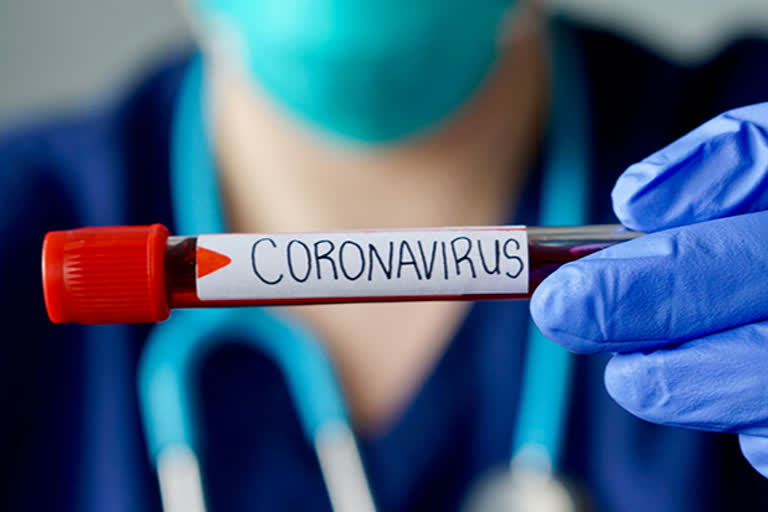New Delhi: The World Health Organisation (WHO) chief scientist Soumya Swaminathan on Monday commended India for keeping the Coronavirus cases and deaths very low compared to other countries. She said that the initiatives taken by the Indian government will play a significant role in the development of a vaccine. Swaminathan was talking in New Delhi during National Technology Day programme.
Union Minister for Health and Family Welfare and Science and Technology Dr Harsh Vardhan on the occasion said that India's fight against the Covid-19 disease is moving fast ahead strongly and steadily. He said that COVID-19 pandemic has come as a blessing in disguise for mankind and taken us to a 'new normal'.
"Within a short period of time India has been able to mobilize a number of researchers to develop new testing kits, protective equipment, respiratory devices etc," Dr Vardhan said. He further said that India needs to mitigate the widespread economic impact and prepare for a stronger recovery using self-reliance as the new mantra.
"Thus, we look towards new opportunities to galvanize growth in the technological and industrial sector," he said.
Meanwhile, India on Monday registered the biggest ever one day spike of 4213 Covid-19 cases with the total figure went up to 67152.
Also read: Vizag gas leak: 13K tons of styrene being evacuated to South Korea
"44029 cases are under active medical surveillance. 20917 people have been cured so far. 1559 have been cured in last 24 hours taking the total recovery rate up to 31.15 per cent," said Lav Agarwal, joint secretary in the Health Ministry. We need to ensure that we don't go into the stage of community transmission," said Agrawal.
On the Elisa anti-body testing kits, being developed by ICMR-NIV, Pune, Agarwal said that Elisa based testing is easily possible even at the district level as the Elisa kit has inactivated virus.
"The Elisa kits have much higher sensitivity in surveillance and epidemiology investigations process," said Agarwal. Referring to the reports that the Central Government is mulling religion-wise mapping of the Coronavirus spread in the country, Agarwal refuted such reports. "This is fake news. COVID 19 does not see peoples caste, creed or religion," he said.
The Health Ministry, on the other hand, has issued the guidelines for district-level facility-based surveillance for Covid-19. The guidelines were issued to monitor the trend in the prevalence of SARS-COV2 infection at the district level. Accordingly, 200 high risk and low-risk samples will be collected from every district per week and 800 samples will be collected from every district per month.
In a related development, the Indian Council of Medical Research (ICMR) has released a guideline regarding the appropriate recording of Covid19 related deaths.
"Covid-19 is a new disease and is a pandemic affecting all communities and countries. The pattern of this disease and pattern of death can come from the only standardized recording of clinical disease history and cause of death, and therefore epistemological surveillance of disease and death are important. Robust data is needed from every district and state in India to measure the public health impact of Covid-19 and to plan for timely health interventions and protect communities. At the same time other health conditions affecting populations need to be also monitored so that the health system is prepared for responding to the needs of the population," the guidelines suggested.
Also read: Minister's morphed tweet escalates Assam Covid figure; police asked to take steps
The ICMR has also permitted 13 more medical institutes across India to conduct a clinical trial of Plasma therapy. Earlier, ICMR has approved 21 medical institutions for the same.
Meanwhile, Home Ministry official said that under Samudra Setu programme INS Jalashwa has reached India with 698 stranded Indians from abroad.
"INS Magar has left Male yesterday with 200 passengers," said Puniya Salila Srivastava, joint secretary in the Home Ministry. Under Vande Bharat Mission, the civil aviation ministry has brought back 4000 stranded Indians in 23 flights till yesterday, said Srivastava.



